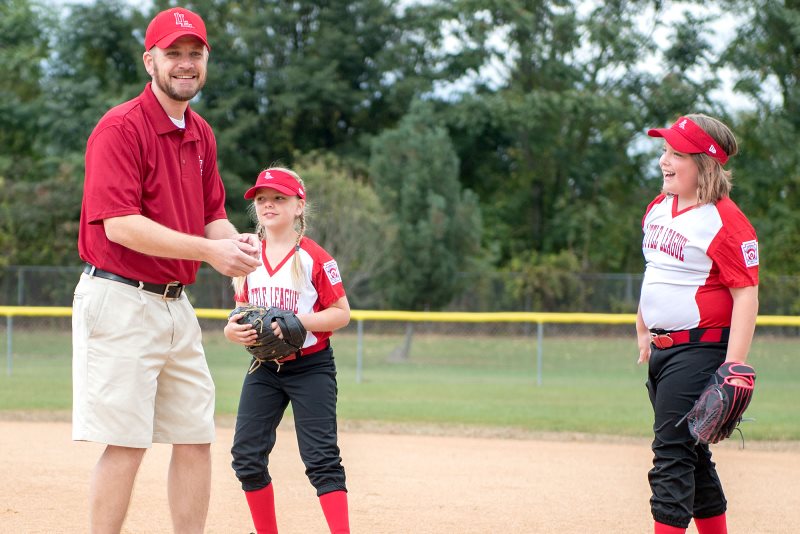Sports are highly competitive, and their aim is to push enthusiastic participants to achieve more than their rivals.
Whether you’ve been a coach for the preceding 20 years or you recently stepped up to a captain position for the very first time in your career, leadership should always be at the forefront of your thinking. The fact is that it comes with a lot of strain, and the best captains and managers mostly remain under scrutiny.
Leaders in sports need to incorporate certain values into their leadership style to make their teams reach full potential and ease the overall strain/pressure.
[expand title="Read More"]
The leadership models that apply to the workplace are pretty the same as those on the football pitch, and every great leader will be mindful of this. Here’s given the best advice on what it takes to be a true leader on-and-off the pitch.
1) Communication in sports
2) Positive coaching style
3) Feedback to athletes
4) Creativity in sports
5) Respect – player/coach relationship
1) Communication in sports
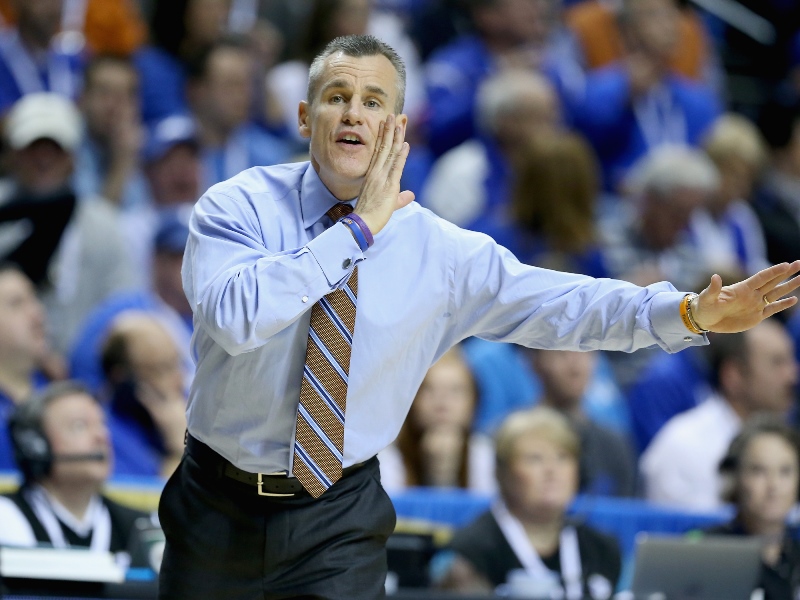
Captains and senior management must develop the potential to communicate effectively, no matter what sport they’re a part of.
One study interviewed high-level teenage athletes who underwent burnout and found it was not physical exhaustion, which most contributed to burnout. Poor communication styles were spotted to be the principal factor that added to burnout in the young team members.
“The lack of effective communication led to a perceived low level of personal control over the situation in which the athletes trained,” says Bo Hanson, the former Australian Olympian.
The study by European Leaders noted the significance of managers being able to find what motivates their sportspersons, resulting in team members feeling more motivated to deliver a better performance overall.
What effective communication means to Sports Leaders? It could be one-on-one, or to the entire team. And it’s about delivering a clear & succinct explanation of what you want from your players.
Anyone can communicate, but not every leader is blessed with the ability to push each player’s motivational switches and influence the change. The main theme for a leader in sports is to find a way that inspires players to listen. Having this ability sets apart the great leaders from the average ones.
Let’s take inspiration from Eddie Jones, a coach of Australian rugby union, whose leadership skills haven’t changed dramatically since he took the job, but Jones has developed a less formal and more player-centric approach towards training and meeting players, as well as having shaped team values – all of which is exhibited in their impressive current run of form.
In fact, England’s rugby performances over the preceding 12 months have been credited to Eddie Jones’s effective communication style.
Being able to talk effectively isn’t limited to how your team member is feeling. Rightly conveying the goals of the team for the season is also a critical aspect of communication.
A study by European Leaders reflected that 68% of those surveyed fail to understand their team’s vision. In fact, if your team doesn’t have a thorough perception of the goal for the week, season, or year, they may feel less engaged towards producing high standard performance.
“When we won in Sydney, I was quite happier for the rest of the guys because the squad knew they could do it together,” Ex-English Captain and coach, Martin Johnson said in an interview.
“Communication is crucial, and not everyone sees what effect their efforts have had and don’t feel they share in the reward,” Johnson added to his statement.
Improving communication skills is a relatively inexpensive phenomenon, which can improve performance astoundingly.
2) Positivity in coaching
A significant part of leadership is the sense of positivity delivered on the field by the captain and off the field by the management or a coach.
Lara Mossman, Resident’s positive psychology expert, discusses how to create positive sports environments for developing better-performing players.
The key elements of the discussion included that “what role captains and coaches can play in trying to apply positive psychology in their approach and whether standard coaching education has done plenty to arm coaches with the right skills to do so.”
From coaching, parenting, and players, there’s a growing concern in implementing learnings from positive psychology to the sports field.
A 2011 study by the University of Wollongong offers insights into why coaches need to move ahead of only developing game competence in their young athletes. The study delivers an overview of the challenges coaches face and the complexity of their roles, such as:
– Helping athletes deal with frustration, which they faced on the field
– Teaching them how to lose well
– Instructing them how to play with the right spirit, e.g., fair and not dirty
– Dealing with interpersonal concerns in the team
– Guiding players to respect other teammates, the opposition and officials and the significance of mutual respect
– Ensuring that all the team members enjoy their training and matches
– Creating a culture that promotes positive team morale, team cohesion, and team harmony
These elements were deemed by coaches, in some instances, more important than dealing with technical aspects.
The key areas of research for positive psychology include character strengths, resilience, positive relationships, positive teams, emotions, engagement, and flow.
Character strengths include concepts such as social intelligence, fairness, perseverance, forgiveness, optimism, leadership, self-regulation, teamwork, creativity, bravery, and love of learning. These can be applied in unique ways to address the hurdles coaches face. Therefore, positive psychology can bring a rich ground for sports trainers that are looking to apply a solution-focused approach to complex personal and team issues.
What can coaches do to bring a positive psyche in their team?
Coaches are, in common sense, role models for young performers and should reflect behaviors they want in their young athletes through their self-behaviors. They can cultivate these behaviors by programs like TOVO training, which can do incorporate character building. The key is clearly defining what the desired behaviors are and the ways to advance them. How should this be approached, though?
In an ideal world, the introduction, development, and cultivation of the desired behaviors would happen through formalized training programs for coaches where initiatives such as the Player Development Project can bring a rich ground of strategies and ideas for coaches to implement.
Evidence-based affirmative psychology learning, particularly around positive education, can also be fruitful. A cautionary note should be given that the science in this filed is still emerging and not well established.
Coaches require to become conscientious consumers of science. They can seek advice from a qualified sports psychologist beyond customarily written resources. Practitioners who had a qualification in sports psychology and are certified as sports psychologists should be accessed.
When using positive psychology to coaching, it is imperative for coaches to remember that they’re not qualified to diagnose or treat mental health states in their young athletes; boundaries need to be established.
With all of these points in mind, a coach can advance in selecting areas to explore.
3) Feedback to athletes
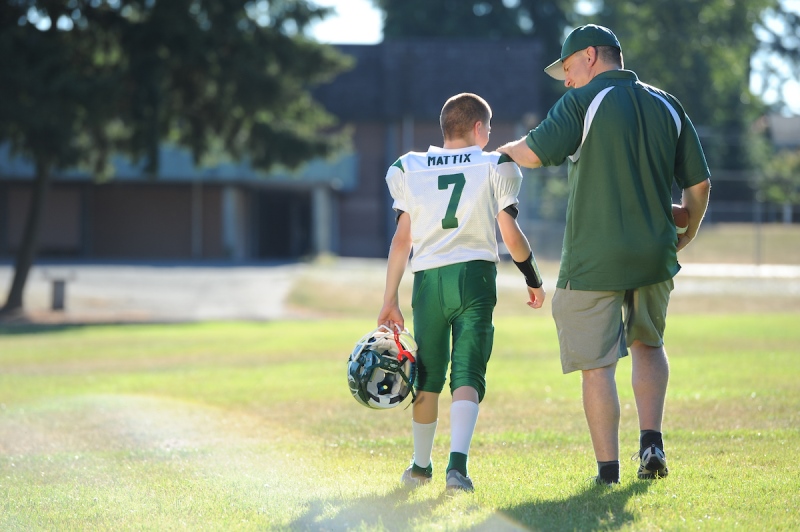
“Feedback is the breakfast of champions,” says Ken Blanchard, a general American writer of more than 60 published books. Blanchard’s statement is not a perception only; in fact, it’s what happens in the real world.
There’s broad research in the area of feedback in sports that is of effective practical value to coaches. Feedback helps players learn areas that their coaches might see, but they’re not aware of them.
A 1990s research paper from Hillman, Schwandt & Bartz suggests that “feedback and communication, in general, are critical parts of coaching. Feedback enables coaches to tell players how they’re performing in relation to their expectations. This way, they can instruct and help their athletes how to reach expectations and perform better.” There, feedback and coaching are interdependent but not the same.
The theoretical framework for the idea of feedback in sports is very much documented. Many pieces of research have supported the idea of feedback in and off the field. It has been found that feedback can bring additional incentives for athletes due to its positive impact on autonomous motivation and competence satisfaction.
Successful coaching very much depends on feedback to motivate, challenge, direct, and support players on the destiny to improve their abilities and ultimately advance the overall performance of an individual or the whole team.
How can coaches deliver positive feedback to players?
The type of feedback and the way it’s conveyed is quite important. For example, “aggressive/angry” coaches who try to get their message across in an irritated manner might cause more harm than good.
Researchers and sports psychologists have concluded that athletes respond poorly to negative feedback. Thanks to the influence of hormones like testosterone, getting your motivation and mental state right can bring you an even stronger physical boost – but getting it wrong, (like a coach going “on a furious one”) can hobble you.
The length of the message delivered also has a significant effect on performance – Researchers believe that giving short, specific, and positive feedback is more likely to boost performance positively. They went on to say that up to 50% of the feedback ought to be instructional.
“Feedback should be given as soon as possible after the specific event, and in a sincere manner,” researches further defining “how to deliver effective feedback as a leader in sports.”
It is clear that feedback, in fact, is an exceptional technique for sports leaders to work with their athletes. It forms upon the importance of the coach-player relationship, and improves the coaches’ reputation as an “educator”.
4) Creativity in sports
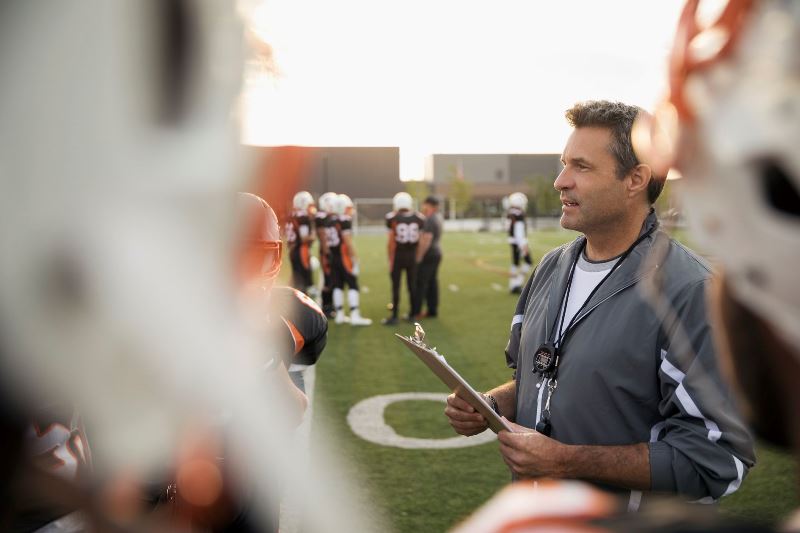
High-performance sport is not the area to be conservative. It is the place where unique ideas win, and the best conceptions come from the people who dare to be different, who like to dream and who do things that no one else dreamed possible.
But what does it needs to be creative and to coach creatively? And to coaches who are not born creatives, can they learn to be?
Think outside the box?
It often asked to provide an “outside the box” approach to coaches, athletes, and sportspersons who claim to be looking for innovation, creativity, and some new ideas to give them a performance edge over their competitors.
The matter of fact is that not all coaches are really looking for something “outside the box,” as they really want something that simply makes their current box a little extensive to hold more of the same stuff in it or they hope for the short term, quick-fix solutions.
In fact, they want some nice wrapping paper and a stylish ribbon to make the old “box” look new.
According to research from Association Football, it’s hard to find in the sport which embraces a parentally creative, innovative, and “outside the box” thinking to build a sustainable competitive high-performance training program. But those who dare to do are the real greats of high standard sport – the best of the best.
Sport is inherently conservative:
Sports, most of the time, doesn’t progress as fast as it could, and the real breakthroughs in the performance that are attainable take far lengthy periods to evolve than they need to.
Many times, in spite of the best solutions often being apparent and clearly available, we do not take them, preferring instead to adopt the one which will cause the least possible “stakeholder” objections or the solution which is the most politically saleable.
In fact, we compromise creativity in the interest of political cohesion, consensus, and co-operation. Doing this may be OK for administration. It might be fine for the managers. It could even be acceptable for Boards and Executive leaders. But for coaches and players, compromising creativity kills.
Compromising creativity kills creativity:
“South African rugby coaches the creativity out of its athletes. They start with a box of crayons, and finish with a blue pen,” says Ross Tucker, talent researcher from South Africa.
In high-performance sport, where winning is about daring to be different, to take intelligent risks, and to lead in introducing genuine breakthroughs by being innovative, more unique and more creative than your rivals, compromising what’s possible in the interest of what’s diplomatically tolerable is a recipe for disaster.
So how coaches can be more creative in their coaching?
At the heart of creativity is experimentation, and you cannot learn different things by just doing the same as everyone else. So what the coaches can do to encourage experimentation? There’re several distinct approaches to do that, including the following ones.
1- Set-up opened ended challenges where athletes can come up with their own solutions.
2- Value and praise innovation.
3- Tolerate error, because an atmosphere in which error is always error-free will stifle creativity, and so coach attitude is overriding.
4- Cultivate a culture that values doing things in new & different ways. Don’t just measure a player’s success by the capacity to relate to a pre-determined blueprint.
5- Build and promote a coaching philosophy that institutionalizes an approach towards creativity and tolerance of error as an indispensable part of the process of development.
6- Short-length, un-criticized activity periods, should be provided to players, where they can perform open-ended tasks. The coach is silent or giving only general encouragement without any instructional input.
7- Learn from the approach used by examination boards. This may seem strange. However, the concept of “positive marking” can benefit the coaching style. The approach is about giving candidates marks for things that are correct, and deduct nothing for errors. The result is that they’re encouraged to “have to go” at all questions.
5) Mutual Respect – player/coach relationship
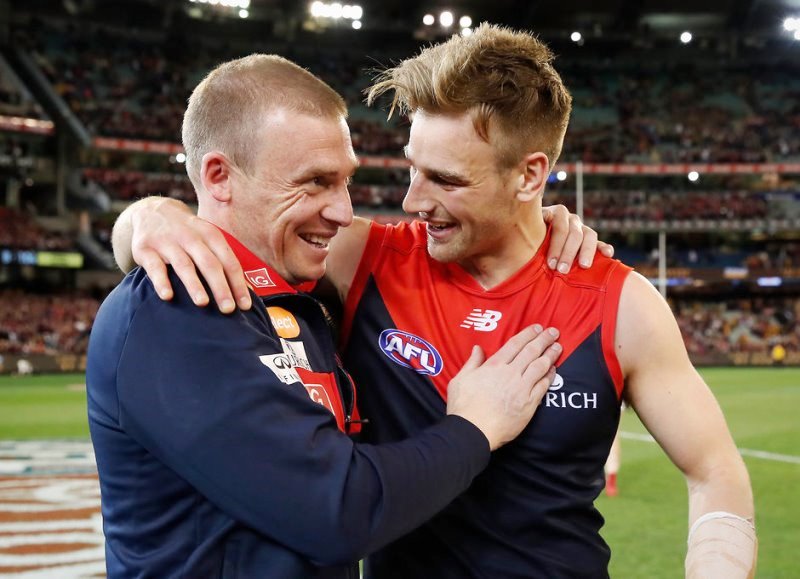
To be able to relate to players, you need to gain a good level of respect, be approachable and open to feedback yourself. If you don’t have it, there’s no point in keeping your title of coach.
No matter what age or level, a team often rides emotional highs and lows. Earning players’ respect can be tricky, but as a coach, you need respect to do your job. New coaches try to build it, and established ones try to maintain and reinforce it.
A study conducted by Penny Wurthner on the 2008 Canadian Olympic team found that the most significant contributor to a medal-winning performance or personal best was a productive coach-athlete relationship.
The study conducted interviews with 27 Olympic and Paralympic athletes and 30 coaches who were then examined. The study concluded there were five varying factors standing out and shown by the athletes who given Olympic personal best or medal-winning playoffs. A mutual respect relationship between the athletes and the coach was found to be the key factor behind such a high-performance level.
What can coaches do to earn respect from their players?
According to researches performed in the field of sports leadership, here are the traits of a good coach who is respected by the team.
1) Participate in practice with them:
Spend time with players and employ more patience with the less talented players. Give help to gifted athletes and encourage the not so gifted ones.
Good coaches are less likely to single out athletes in anger or disappointment. They try to make practice fun.
Coach participation in certain drills steps up the energy and gives a chance to prove potential. It may need some ice packs before bed, but the team will enjoy and appreciate the effort they saw from their trainer.
2) Talk through philosophy and let them bring input:
Being a coach, it needs to have a unique coaching philosophy and should definitely let players know what that comprises of. In fact, letting players understand there’s a reason why you coach the way you do and they understand that their input is heard, they will start to respect you more than before.
3) Focus discipline as a top priority:
“Even the greatest players embrace coaching and value the need for the order and discipline,” says Dr. Jack Ramsay, former American basketball coach known for leading the Portland Trail Blazers to the 1977 NBA win.
Leadership in sports is more than just handing out rewards and punishments. A respected coach always try to conduct practice in a professional manner
Starting with a sense of purpose can bring professionalism into practice sessions to get the most out of players and, above all, earn trust as a leader and coach.
[/expand]


